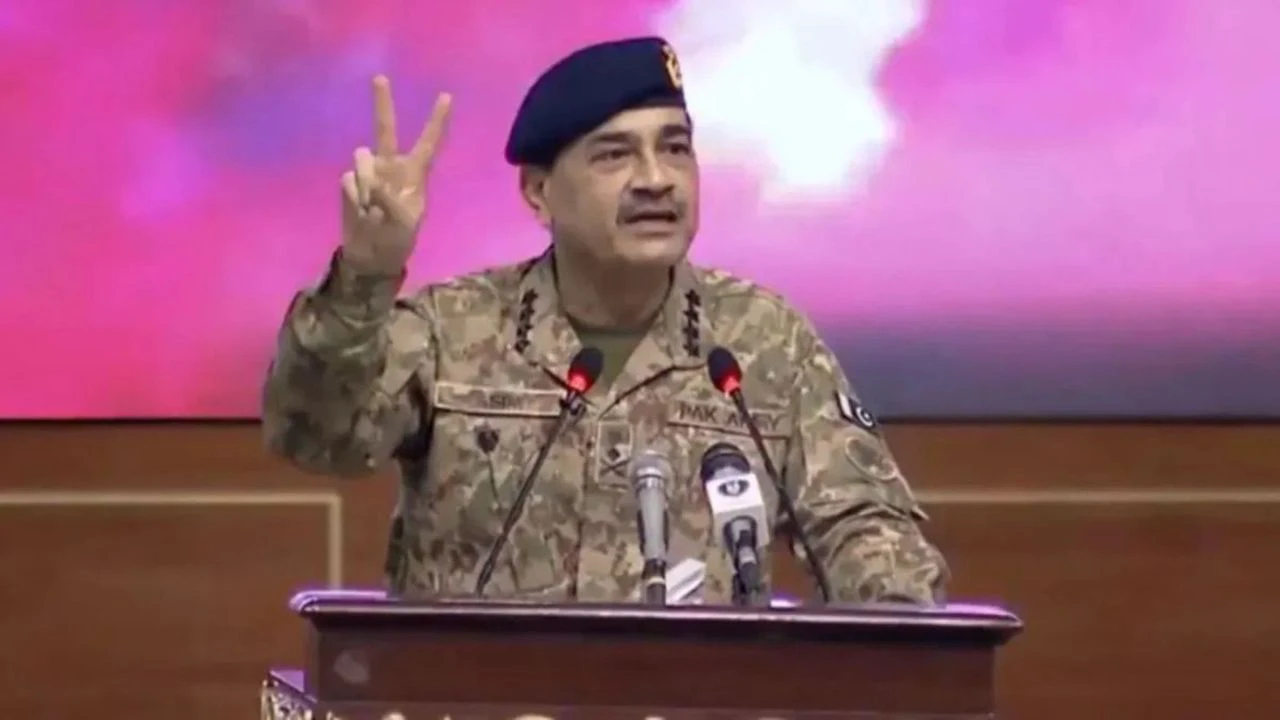New Delhi: In a move that has sent shockwaves through South Asia, India has suspended the Indus Waters Treaty (IWT) following the devastating Pahalgam terror attack, which claimed the lives of 26 tourists.
This unprecedented action marks a significant escalation in India-Pakistan relations and places Pakistan’s water security in jeopardy.
The IWT, brokered by the World Bank in 1960, has been a cornerstone of India-Pakistan relations, surviving multiple wars and diplomatic crises. Its suspension is not merely a diplomatic maneuver but a strategic recalibration with far-reaching implications for Pakistan’s agriculture, economy, and internal stability.
A General Munir’s gift to Pakistan
Pakistan army chief General Asim Munir’s recent statements, referring to Kashmir as “our jugular vein,” have been perceived by India as provocative, especially in the context of the Pahalgam attack. This rhetoric, coupled with the alleged support for militant activities, has provided India with the impetus to take unprecedented measures.
By escalating tensions without a clear strategic advantage, General Munir has inadvertently placed Pakistan in a vulnerable position. The suspension of the IWT not only threatens Pakistan’s water security but also isolates it diplomatically, as the international community watches the unfolding crisis with concern.
What options Pakistan is left with?
In response to India’s actions, Pakistan faces a constrained set of choices:
Diplomatic engagement: Pakistan can appeal to international bodies, including the United Nations and the World Bank, to mediate and urge India to reinstate the treaty. However, given the current geopolitical climate, garnering substantial support may prove challenging.
Legal recourse: Invoking the dispute resolution mechanisms within the IWT framework is another avenue. Yet, this process is time-consuming and may not yield immediate relief.
Bilateral negotiations: Engaging in direct talks with India to address security concerns and seek the restoration of the treaty could be the most pragmatic approach. However, this would require a significant shift in Pakistan’s current stance and a willingness to address India’s concerns about cross-border terrorism.
Renegotiation of the treaty: As highlighted in a recent article on Dawn.com, there is a growing consensus among experts that the IWT needs to be re-evaluated to address contemporary challenges, including climate change and evolving water needs. This could provide an opportunity for both countries to develop a more equitable and sustainable water-sharing agreement.
General Munir’s assertive posturing without a clear endgame has led to a strategic impasse. Unless Pakistan recalibrates its policies and addresses the root causes of India’s concerns, it risks facing prolonged diplomatic isolation and internal unrest stemming from resource scarcity.
